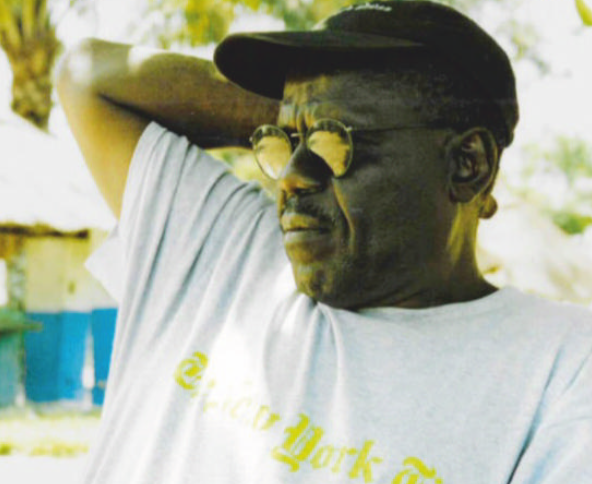Because he was so audacious, and had good instincts, and would go to places other drivers wouldn't, his taxi became the car of choice for Western journalists. It was good money, $35 a day in the 1990s (though the best money came from Western tv crews, if they turned up in town). His regular passengers for years included Michela Wrong and Stephanie Wolters of Reuters, Howard French of the New York Times, Dino Mahtani of Reuters (and The Economist), on whose office sofa he would take naps, William Wallis of the Financial Times. Though he spoke no English and growled thickly in French, often just to himself, they all knew what he was grumbling about.

He was the conduit through which they, and their readers, came to grasp what was happening in Congo. None of it was good. C'est pas bien, c'est foutu, finger wagging angrily as he careered along. He had ulcers, his stomach hurt and his wife was divorcing him, but his country pained him more. Everyone was corrupt. Everything was screwed. In his lifetime Congo had gone from brutal Belgian colonialism to brief independence under Patrice Lumumba to dictatorship under Mobutu Sese Seko, before the Kabila clan took over. He had met Lumumba at rallies in Kisangani, and liked him. For Mobutu and his henchmen he had no time at all. Nor for the Kabilas, whose claims to be rassembleurs, unifiers, made him laugh out loud. His hopes lay with Etienne Tshisekedi, "the Sphinx", founder of a party for democratic change without violence. But Tshisekedi never made it to president, and his son Félix managed it only by villainy, like all the rest.
译文由可可原创,仅供学习交流使用,未经许可请勿转载。












